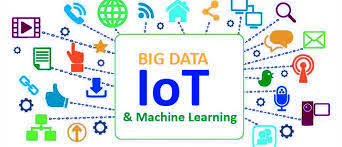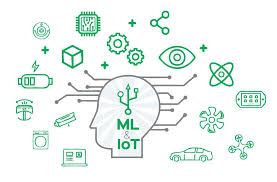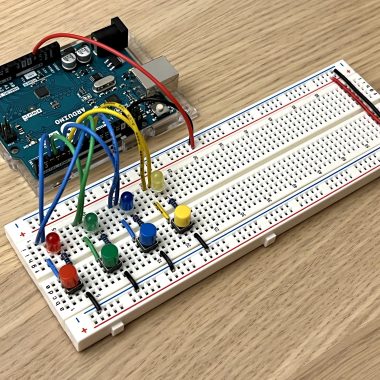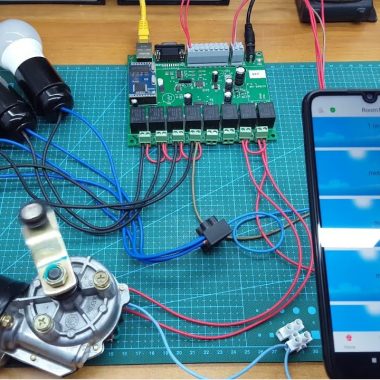The electronics industry is one of the most dynamic and rapidly evolving sectors in the world. From cutting-edge smartphones to smart home devices and advanced robotics, electronics continue to revolutionize the way we live and work. In this blog post, we will explore the latest trends shaping the electronics industry and how they are impacting various sectors.
- Internet of Things (IoT) and Connectivity:
The Internet of Things has become a driving force in the electronics industry. IoT enables devices to connect and communicate with each other, creating a seamless and interconnected ecosystem. From smart homes and wearables to industrial automation, IoT is transforming the way we interact with technology. The demand for connected devices and the need for secure and robust connectivity solutions are key trends to watch in the electronics industry.
Artificial Intelligence (AI) and Machine Learning:
AI and machine learning have gained significant traction in recent years. These technologies are being integrated into various electronic devices, enabling them to learn, adapt, and make intelligent decisions. AI-powered voice assistants, autonomous vehicles, and smart cameras are just a few examples of how AI is reshaping the electronics landscape. As AI capabilities continue to advance, we can expect to see even more applications across industries such as healthcare, manufacturing, and finance.
.

Miniaturization and Wearable Tech:
The demand for smaller, lighter, and more portable devices has fueled the trend of miniaturization in the electronics industry. Wearable technology, including smartwatches, fitness trackers, and augmented reality glasses, has gained immense popularity. These devices seamlessly integrate into our daily lives, providing valuable insights and enhancing convenience. The challenge for manufacturers lies in packing powerful features into compact form factors while ensuring energy efficiency and user comfort.
The electronics industry continues to push boundaries and shape the future with its relentless innovation. From IoT and AI to miniaturization and sustainable practices, the trends discussed in this blog highlight the exciting developments in this dynamic sector. As consumers and businesses embrace these advancements, it is crucial for industry professionals to stay updated and adapt to the ever-changing landscape. By harnessing the power of electronics and embracing these trends, we can unlock new opportunities and create a more connected and sustainable future.
Renewable Energy and Sustainable Electronics:
As the world becomes more conscious of the environmental impact of technology, sustainable practices and renewable energy solutions are gaining prominence in the electronics industry. Companies are striving to develop energy-efficient devices, reduce electronic waste, and explore eco-friendly manufacturing processes. The integration of solar power, energy harvesting, and recyclable materials in electronic products is a positive trend that aligns with the global sustainability agenda.
Robotics and Automation:
Advancements in robotics and automation have transformed industries such as manufacturing, healthcare, and logistics. Collaborative robots (cobots), autonomous drones, and robotic process automation are revolutionizing traditional workflows, increasing efficiency, and reducing human error. The electronics industry plays a pivotal role in providing the necessary components and technologies to power these robotic systems.




